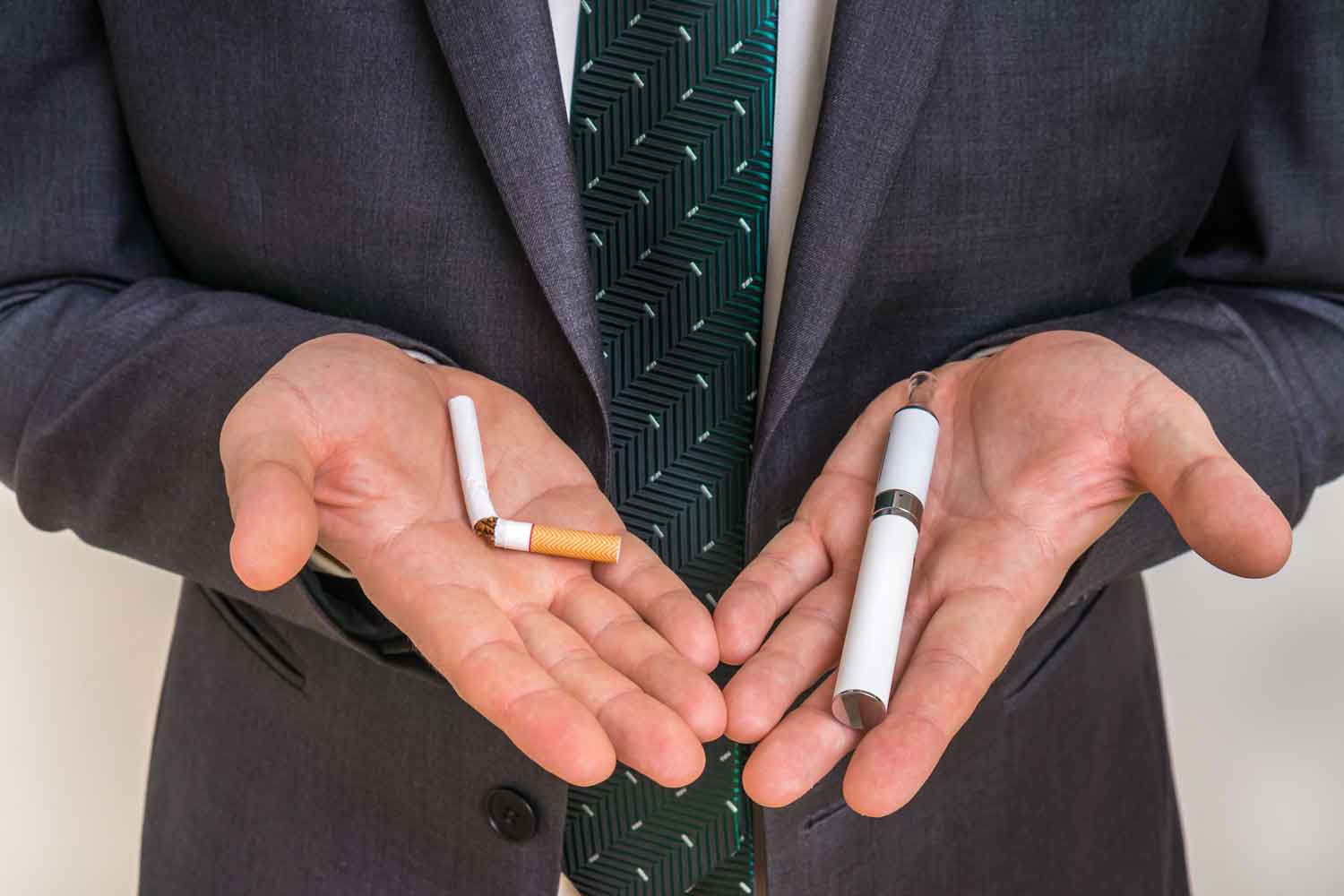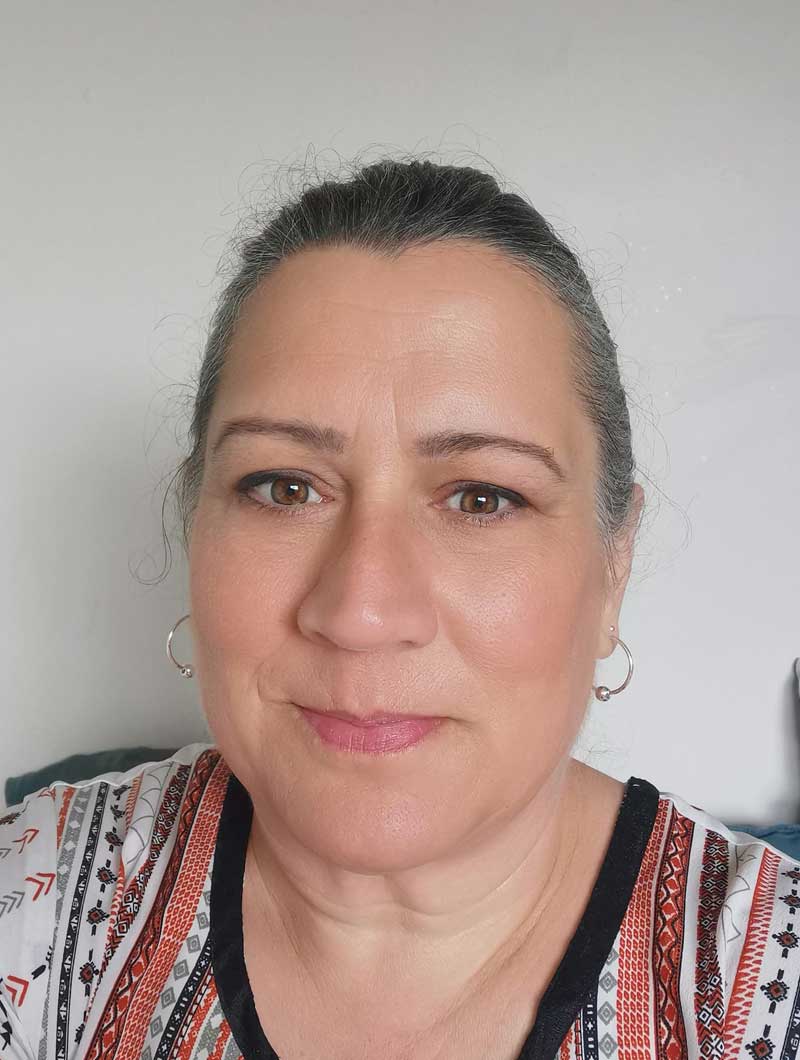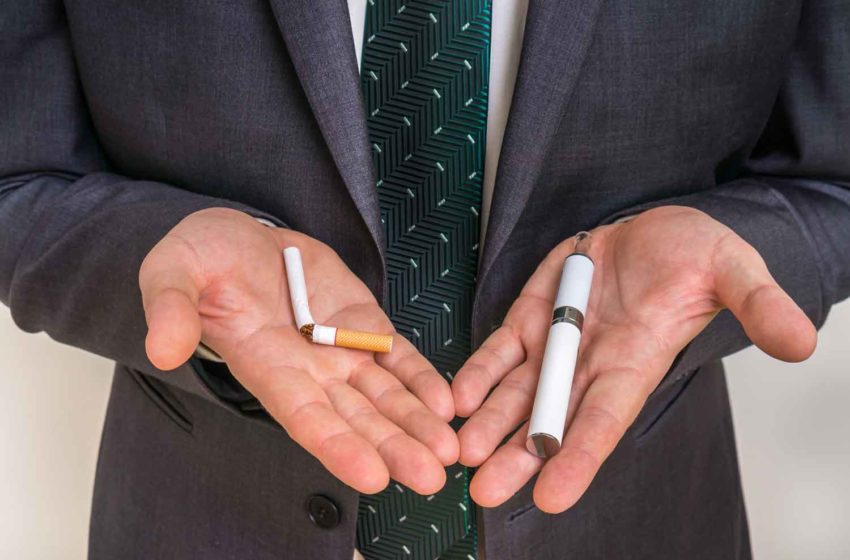
Activists continue to urge participants in the ninth Conference of the Parties (COP9) to the World Health Organization’s Framework Convention on Tobacco Control to seriously consider tobacco harm reduction in their deliberations.
COP9 will take place Nov. 8-13 online. During the convention, delegates will debate measures to reduce smoking-related death and disease. To the frustration of many tobacco harm reduction proponents, the WHO has been suspicious of vaping and other reduced-risk products, viewing them as an industry tool to keep consumers hooked on nicotine.
“Tobacco harm reduction is a chance for smokers to switch from an extremely harmful to a significantly less harmful alternative,” the Independent European Vape Alliance (IEVA) wrote in a statement ahead of the gathering.

We would like the WHO, together with other representatives from politics and science, to develop a targeted strategy for reducing the damage caused by smoking.
Dustin Dahlmann, president, IEVA
“Unfortunately, the WHO has lost sight of this in recent years. But it is not too late to repent. It must focus on the future of millions of smokers worldwide—a future that is much brighter should they switch to vaping—rather than its own counterproductive ‘quit-or-die’ dogma.”
“As a European association that is independent of the tobacco industry, we would like the WHO, together with other representatives from politics and science, to develop a targeted strategy for reducing the damage caused by smoking. Of course we as an industry are ready for this critical dialogue,” said Dustin Dahlmann, president of IEVA.
“The World Health Organization’s failure to declare a global emergency in 2020 [in the wake of the coronavirus pandemic] will be repeated in 2021 when the WHO will likely abandon international tobacco harm reduction efforts and condemn millions of smokers to an early death,” said Nancy Loucas, a leading consumer advocate based in New Zealand.

The WHO got it totally wrong on Covid-19, and it’s no surprise they’ve also got it very wrong with safer nicotine products such as vaping.
Nancy Loucas, consumer advocate
“The WHO got it totally wrong on Covid-19, and it’s no surprise they’ve also got it very wrong with safer nicotine products such as vaping,” she added. “As an ex-smoker, vaping has improved my health and arguably saved my life, yet the WHO and its sponsor American Michael Bloomberg have pressured countries like mine to ban it.”
On Oct. 18, 100 international health experts sent a public letter urging the COP9 parties to take a more positive stance on tobacco harm reduction. That same month, the Global State of Tobacco Harm Reduction (GSTHR) released a report urging the WHO to update its policies, which the GSTHR described as “frozen in time” as they dated from before the arrival on the market of many less-harmful nicotine delivery devices.
A group of tobacco harm reduction experts will hold a round-the-clock broadcasting event Nov. 8-12, to challenge and scrutinize COP9, which will take placed behind closed doors.

